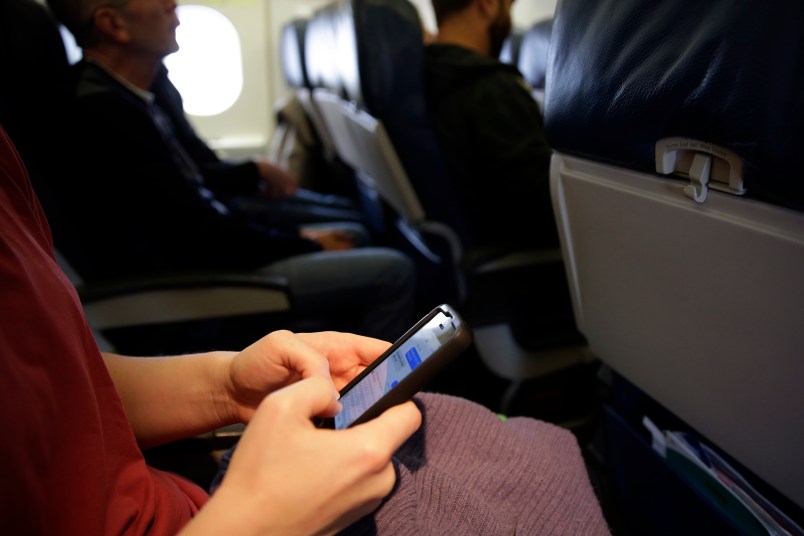The Supreme Court on Wednesday delivered a sweeping ruling in favor of digital privacy rights, deciding unanimously that police officers generally need a warrant to search a person’s cell phone once they arrest them.
“The police generally may not, without a warrant, search digital information on a cell phone seized from an individual who has been arrested,” Chief Justice John Roberts wrote for the court, saying warrantless searches are only acceptable in specific exigent circumstances such as if a bomb was expected to detonate.
“This is a sweeping endorsement of digital privacy,” Tom Goldstein, an appellate and Supreme Court lawyer, wrote at SCOTUSblog.
The justices said digital data on a cell phone cannot be used as a weapon to harm the officer and that “today many of the more than 90% of American adults who own cell phones keep on their person a digital record of nearly every aspect of their lives.”
The Court sought to strike a careful balance between liberty and security concerns.
“It is true that this decision will have some impact on the ability of law enforcement to combat crime,” Roberts wrote. “But the Court’s holding is not that the information on a cell phone is immune from search; it is that a warrant is generally required before a search.”
Remarkably, all nine justices agreed on the ruling. Justice Samuel Alito wrote a separate opinion concurring with the outcome but outlining his own reasons.
The ruling melded two cases: Riley v. California, brought by a man who was stopped by a cop for driving with expired registration tags, and United States v. Wurie, brought my a man who was arrested while under surveillance for a suspected drug sale. Both men had their cell phones seized and searched.
In the end, the justices were mindful of the fact that modern cell phones are deeply personal and powerful devices. “These cases require us to decide how the search incident to arrest doctrine applies to modern cell phones,” Roberts wrote, “which are now such a pervasive and insistent part of daily life that the proverbial visitor from Mars might conclude they were an important feature of human anatomy.”







I guess even the Supremes can get pulled over for DWI and don’t want the cops getting the phone number of their bookies.
9-0? Should be 8-0. Quite unfair that Scalia gets 2 votes (his and Thomas’)
The proverbial visitors from Mars would probably think our cell phones were as primitive as two tin cans with a string attached.
This just in! In fortunate turn of events for all who are concerned about police overreach on the “exigent circumstances” exception to the Fourth Amendment’s warrant requirement, it was disclosed today that even members of SCOTUS reactionary majority who are dangerously detached from, and uninformed about, about most aspects of modern life use cell phones.
This was what had me worried. During the questions it a few justices sounded like they didn’t think there was much that people left open in their devices.